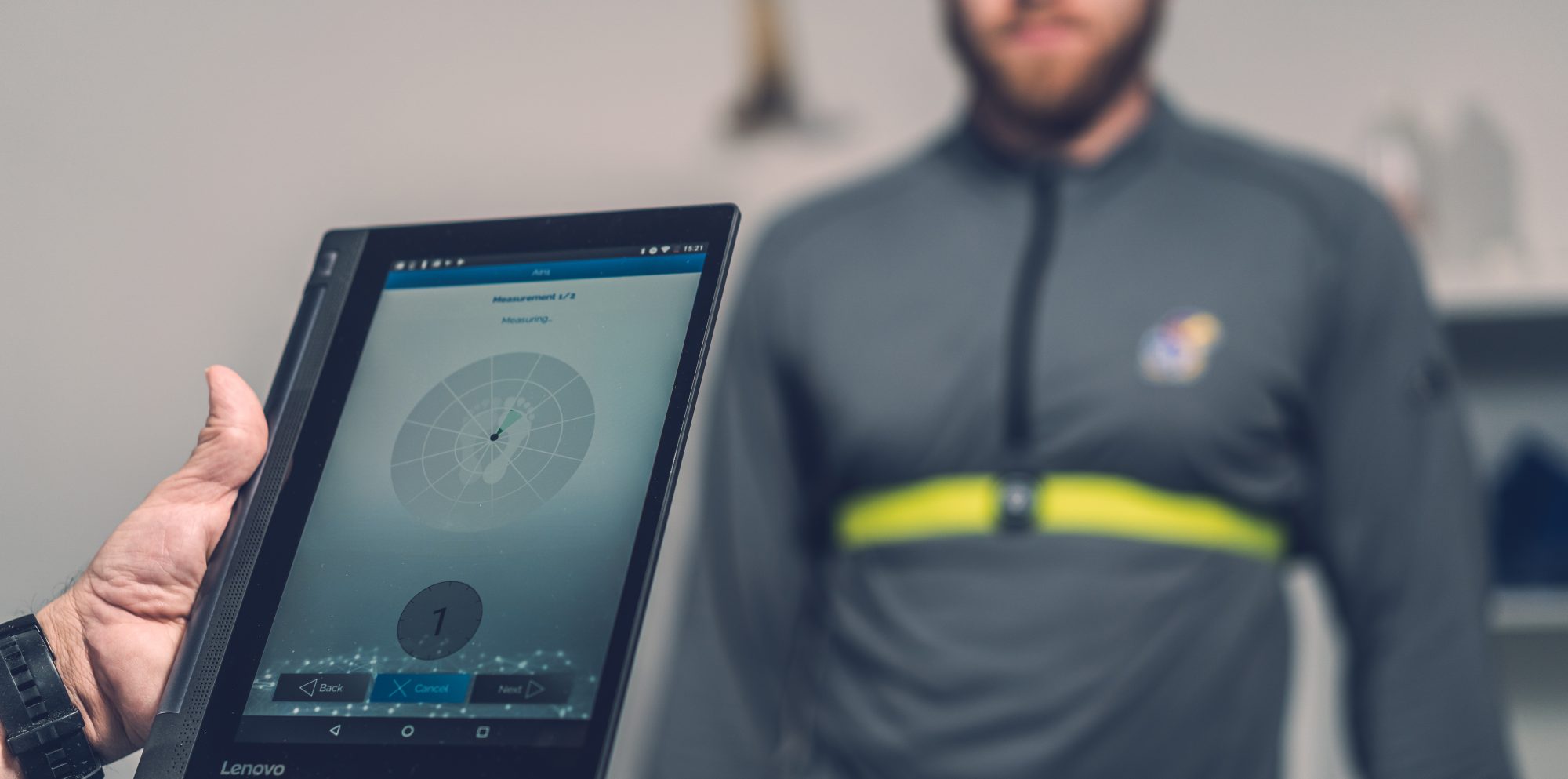Doctoral Dissertation: Sport related concussion multidomain evaluation methods in professional ice-hockey

Concussion affects performance
Sport related concussion (SRC) affects human performance in many ways. There is a need to improve the clinical identification and management processes of concussions. This thesis studied the multimodal performance-based measurements in SRC of Finnish professional male ice hockey players aged 16 to 40 years (years 2009-2010, n=113; 2012-2014, n=185).
The first aim was to analyse the correlation and associations of cognitive performance (ImPACT® test), King-Devick (K-D) reading speed and Balance tests performance to age, education, and prior self-reported concussions in a pre-season baseline sample. Second aim was to compare the baseline cognitive (ImPACT®) performance of Finnish professional male ice hockey players to other published language groups to examine the impact of cultural differences. The usability of a novel Motor and Cognitive test battery (MotCoTe) and the changes in multilimb reaction times and balance control after a sports-related concussion were evaluated.
Test findings
ImPACT®, but not K-D or Balance tests, were found to be associated with age. There were no association in education or previous concussions in the ImPACT®, K-D and Balance tests. The performance in ImPACT® was found to differ in the Finnish sample compared to those previously published from elite English and Czech speaking hockey players. Normative values for Finnish professional ice hockey players in ImPACT®, K-D test and balance are presented. Additionally, a novel Multilimb reaction time test set was evaluated in total of 113 players before season. Nine athletes showed decreased reaction time and balance following a concussion.
Tests with higher cognitive processing requirements and double limb action were more sensitive than the simple reaction time tests. Also, compared to the baseline measurements poorer performance after concussion was observed, especially when Romberg Quotients were analysed. Correlations between K-D results and ImPACT® were significant at baseline, but correlations between K-D-time and Balance were not found.
Summary
In conclusion, the results emphasize the importance of separate norms for athletes from diverse cultural and language backgrounds. Also, age should be considered in preparing the norms. A similar approach is encouraged for other countries as well. Normative data can be used to interpret ImPACT®, K-D and balance test performance following an SRC when baseline data is not available. Improving the multifaceted evaluation methodology can enhance also sport concussion follow-up and rehabilitation processes. The results of this study will help the medical health professionals make better informed decisions in managing SRC.
Views: 19
